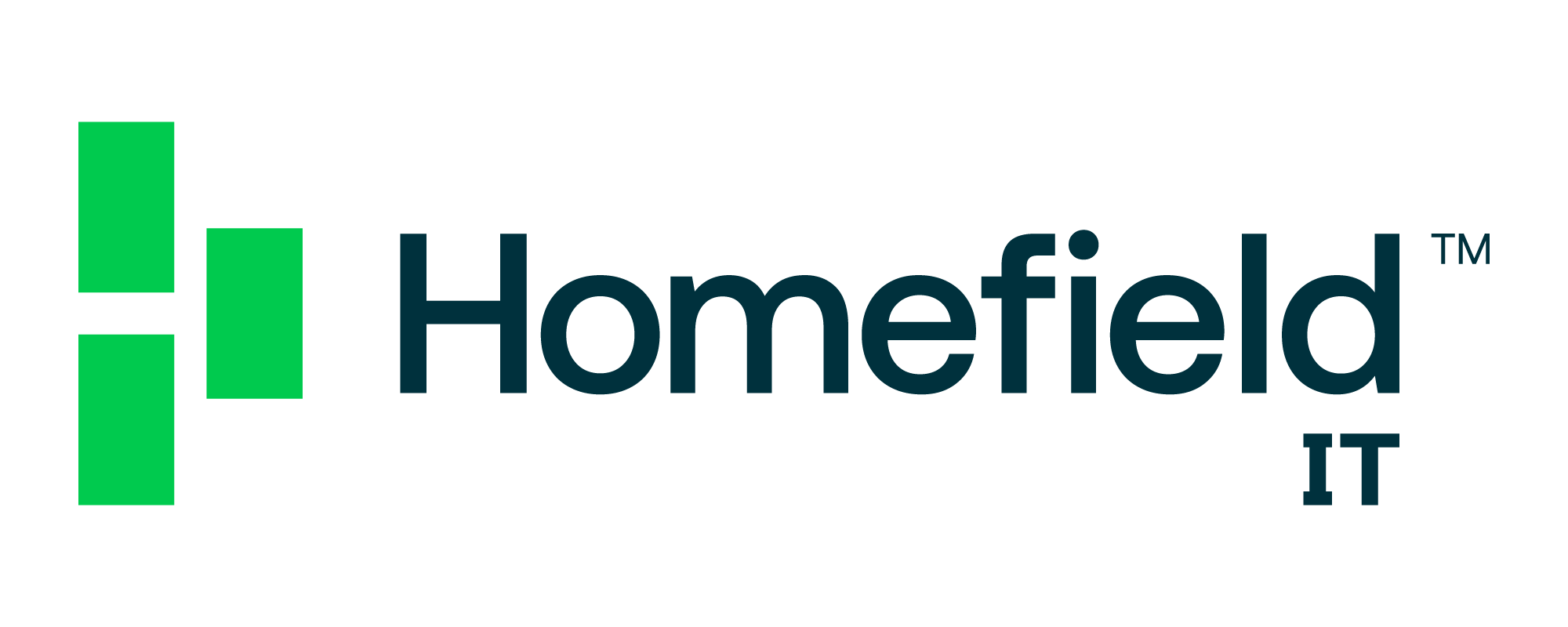Business IntelligenceCloud ServicesIT Consulting & StrategySecuritySoftware DevelopmentTech Support & Managed IT ServicesConstructionEducationFinanceHealthcareLegalNon-ProfitsReal EstateStartups
For a lot of users, software is something that exists on their computers to help them do their jobs. Behind the scenes, however, it’s not as simple as that. IT professionals don’t just install a program and walk away till something goes wrong.

Ensuring that not only an application works but continues to work the way you need it to is equally, if not more so important. For IT workers, that means regularly checking in on the application to make sure that everything is up-to-date, that users can still easily use all the features they need, and that the platform is still secure. And, they need to do it for the entire time the application is used within your organization. That’s where application management comes in.
What is application management?
Application management is basically lifecycle management for applications. You’re checking in to make sure it still works, that you’re using the current version of the software, and that users don’t have any serious complaints or issues.
Along with keeping things running, application management also involves watching for end-of-life issues with applications. If, for example, your accounting platform hasn’t been updated or maintained by the developer for a couple of years, it’s time to think about finding a new one because outdated applications are often increasingly buggy and insecure.
How does application management work?
The main goals of application management are deploying the right software for your organization, making sure that your organization has the right tools for their desired business outcomes, and making sure that everything is working and optimized to ensure maximum efficiency.
For those in charge of application management, it means spending time researching the best solutions for the various tasks that exist within your organization, such as finding the best accounting software. It also means a lot of time spent monitoring, patching, and updating software as necessary.
The goal is to make sure that not only are your employees using the best possible tools for any task (tools that reduce the time it takes to do a task or even ones that help remove certain blockers from the process), but they’re also dedicating their time to reducing downtime and improving the security on existing tools. Updating is a huge part of that because, as already mentioned, outdated tools can have unpatched security vulnerabilities or less-than-efficient workflows.
Various aspects of application management
We’ve touched on this a little already, but while the core goal of application management is to make sure that the applications you’re using are the right ones and helping your organization, it goes deeper than that and requires attention paid to various aspects of the lifecycle of the tools you use.
Updating and patching
Making sure that you’re using the most current, secure version of the platform available. This task tends to tie into a lot of the others because old versions of applications can introduce unintended workflow issues and, as mentioned, security problems.
Workflow management
Is this the best application for the job? Does it help people work better, does it eliminate blockers or bottlenecks from processes? It’s important to keep an eye on these sorts of concerns to ensure that you’re using the path of least resistance through tasks.
Business continuity
If your business applications are constantly going offline, they’re not helping your business at all. Along with being expensive to deal with, downtime is frustrating for both employees and customers. Application managers have to ensure the programs you’re using are stable and online more than they’re offline. This means monitoring in real-time to ensure that everything is running smoothly, but also so you can catch smaller issues before they become major problems.
Increasing productivity
At the end of the day, this is the biggest goal of any application in your organization – it needs to boost productivity in some way or another. With application management, you’re making sure that you’re always providing the best possible solution to your team for their jobs. If something isn’t working properly, slowing workers down, or constantly offline, it’s not the right application.
Application management services and how it works
As great as it would be to keep application management in-house, most organizations are already spread pretty thin when it comes to their IT staff. Because of this, application management services exist.
Application management services are exactly what you’d think they are – service providers who specialize application management for organizations that can’t handle it in-house.
Like a lot of managed services, outsourcing application management takes the burden away from your overworked in-house team and hands it off to an outside team of professionals. The big advantage here is that you end up with a team dedicated to ensuring that the applications you’re using are still the best options, are working properly, and are as updated as possible. And, with a dedicated team, you don’t have to worry about them getting distracted by major strategic IT projects. Their focus is solely on application management.
How can we help
As a managed services provider, we help organizations manage and maintain their technical infrastructure – and that includes application management.
If you’d like to learn more about how we can help ensure you’re using the best possible tools, let’s talk. Our experts have more than 20 years of experience across a wide range of verticals. We know the best solutions for most teams. And, if we can’t find one, we can help create it.
Contact us today to learn more.
 November 17, 2022
November 17, 2022 Manhattan Tech Support
Manhattan Tech Support




